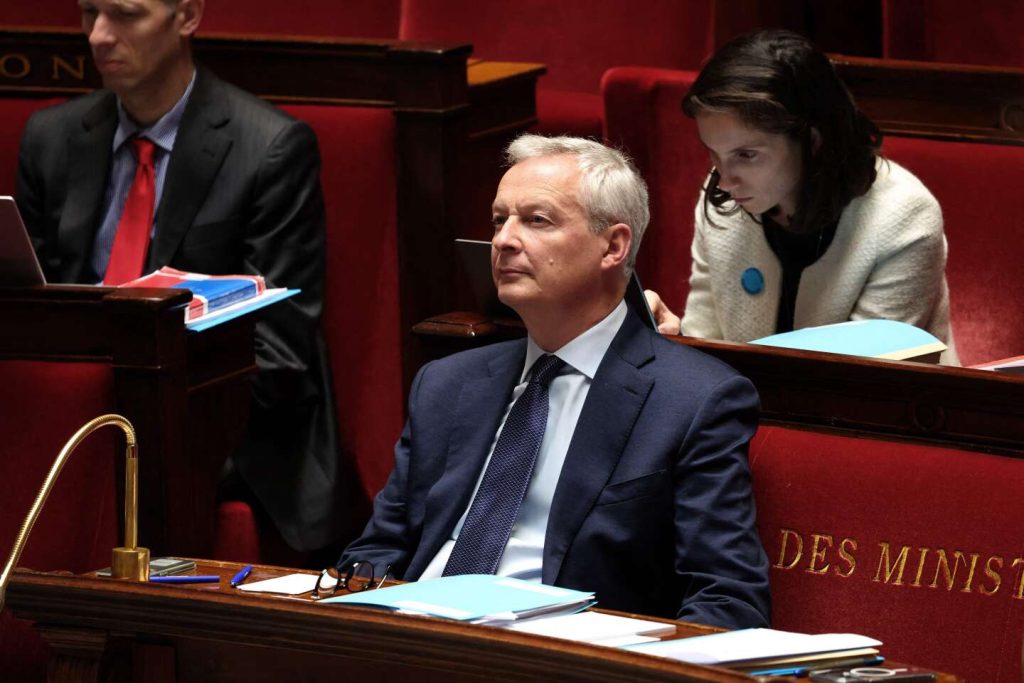The Minister of Economy, Bruno Le Maire, found himself in a political predicament after an agreement on early retirement for SNCF employees was signed without prior government approval. The agreement, which includes improvements to the retirement benefits for railway workers with physically demanding jobs, was seen as undermining the pension reform passed in 2023. This caused tension within the government, as they were not informed or consulted about the agreement beforehand. The Minister of the Economy expressed his frustration, stating that the agreement was not satisfactory and disrupted the financial and reform balances in place.
The agreement at SNCF was a response to potential strikes by railway workers during the busy month of May, in order to save the bridges and ensure smooth operations during the Olympic Games. However, the deal was seen as controversial, especially as the government is trying to increase senior employment to reach full employment by 2027. The opposition criticized the agreement publicly, questioning why a state-owned company would provide benefits to employees that regular citizens do not have access to, especially given the significant debt that the government has assumed on behalf of SNCF.
Bruno Le Maire’s entourage mentioned that the minister was not accustomed to being informed by the press and that there was a clear malfunction in the communication process that led to the signing of the controversial agreement. The minister announced that he would be summoning the CEO of SNCF to hold him accountable for the decision. The CEO would also be required to explain the agreement to senators, as it had raised concerns among the general public and was perceived as unfair treatment compared to the rest of the population, who did not have access to similar benefits.
The opposition continued to criticize the agreement, highlighting that taxpayers should not be responsible for any financial implications stemming from the agreement. The controversy surrounding the agreement exacerbated the tensions between the government, the opposition, and the public, with questions being raised about accountability and fairness in the decision-making process. The government was under pressure to clarify its position and address the concerns raised by various stakeholders about the impact of the agreement on the broader pension reform goals set by the administration.
The government faced accusations of not being transparent and failing to uphold the principles of fairness and equity in the decision-making process. The controversy surrounding the SNCF agreement added to the political challenges faced by the government, as it tried to navigate through various economic and social issues during a period of uncertainty and heightened public scrutiny. The need to balance financial prudence with social responsibility was highlighted as a key concern, as the government sought to restore public trust and confidence in its decision-making process and policies. The outcome of this controversy would likely have far-reaching implications for the government’s credibility and ability to manage future challenges effectively.


